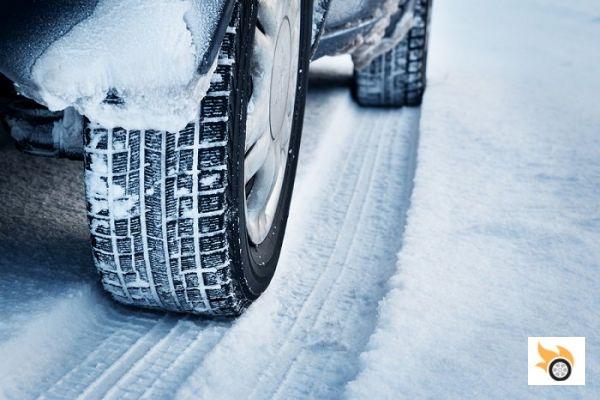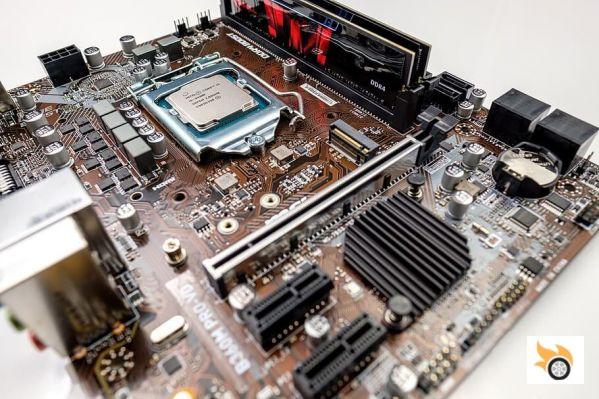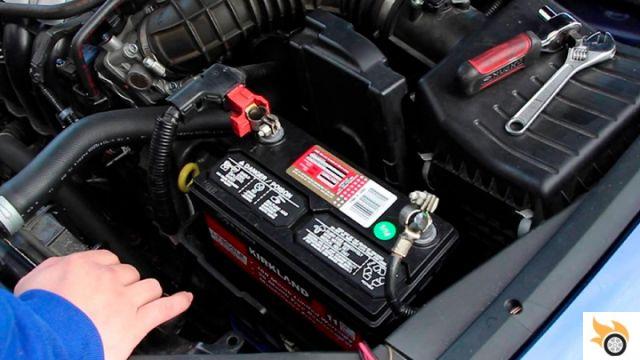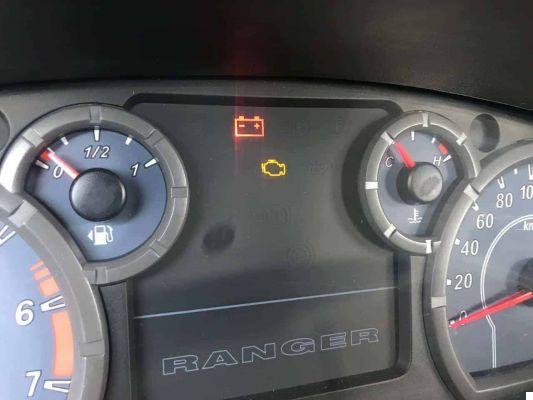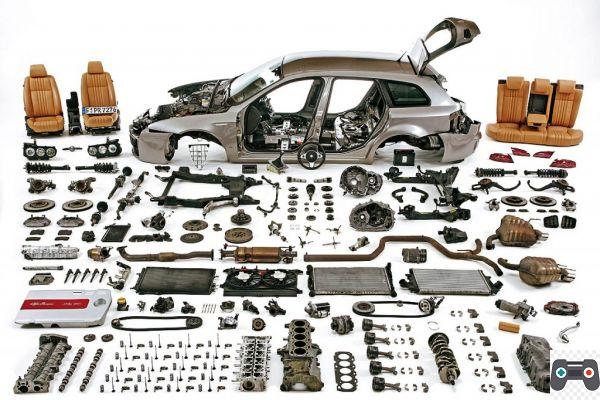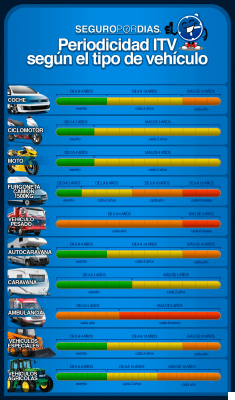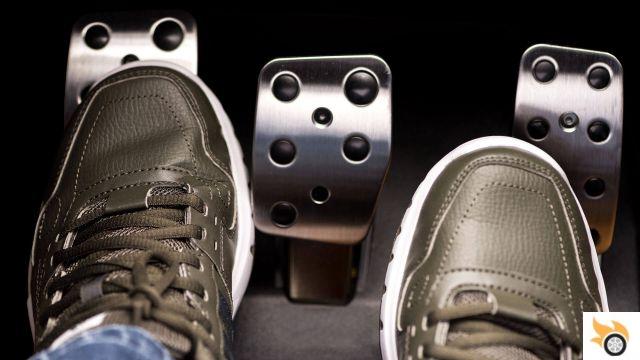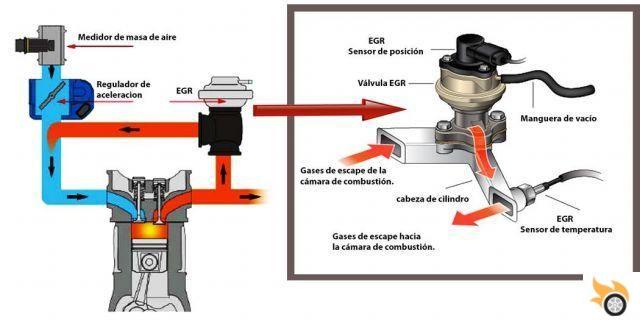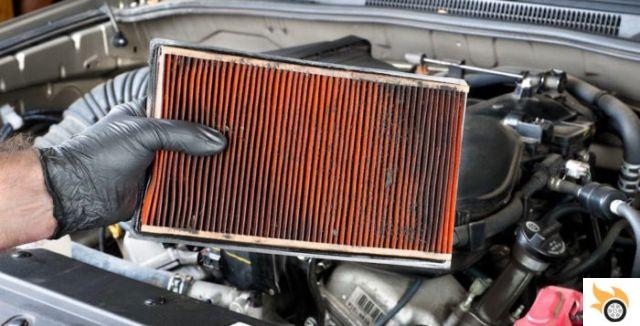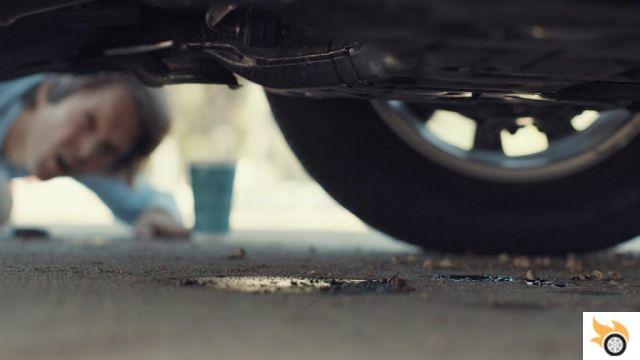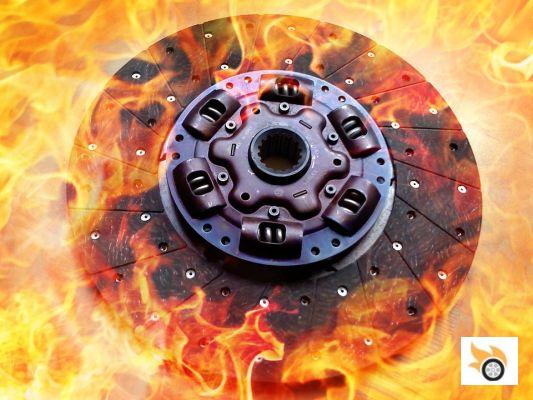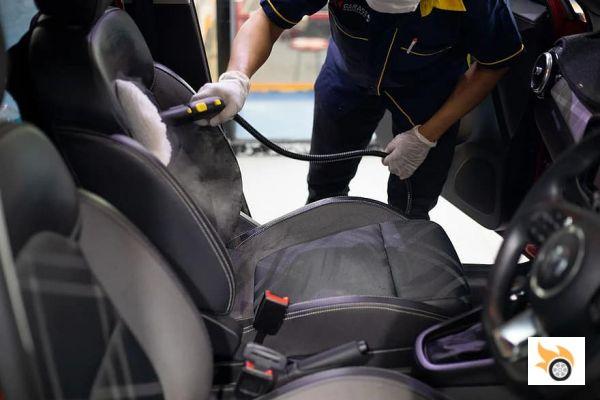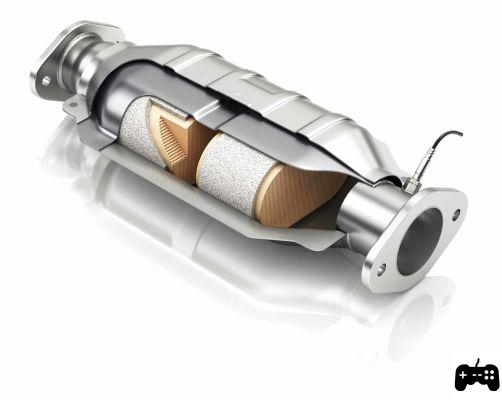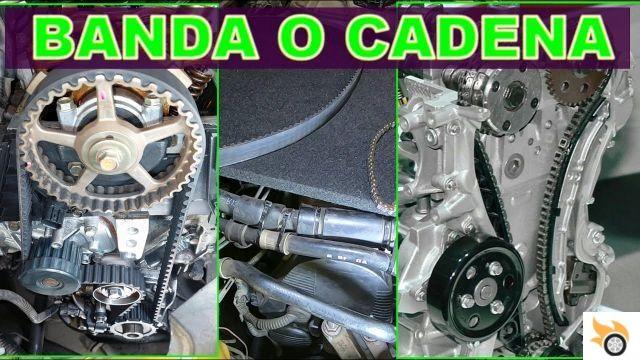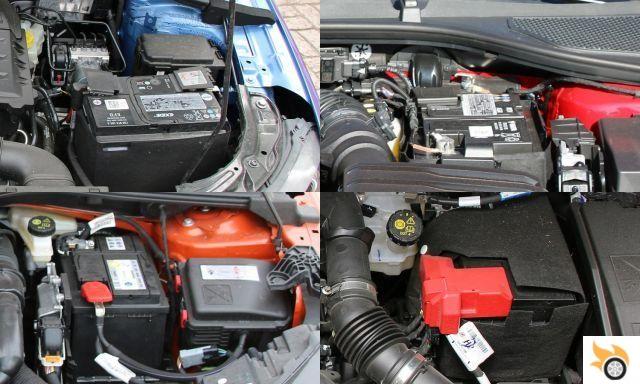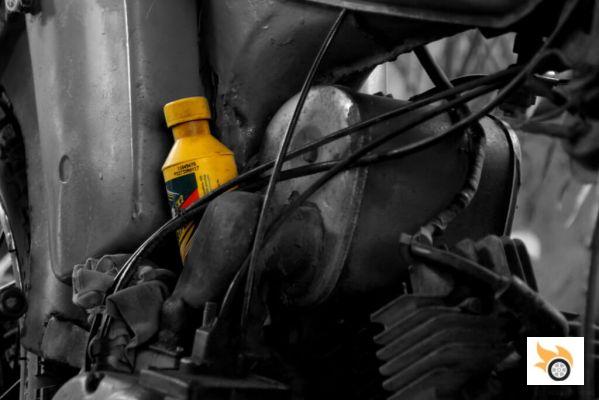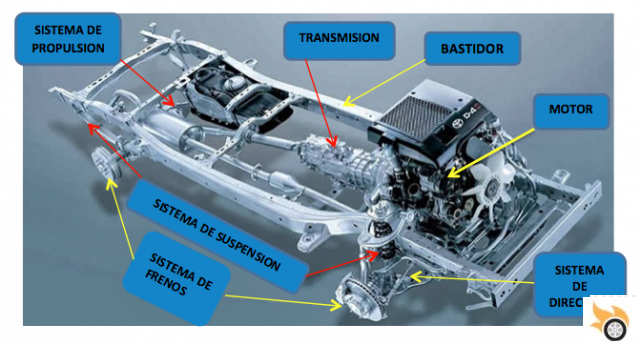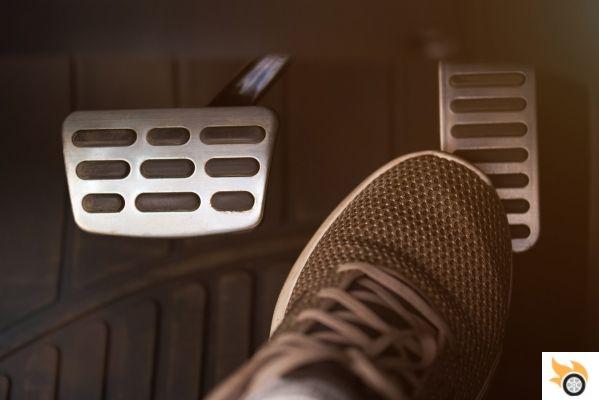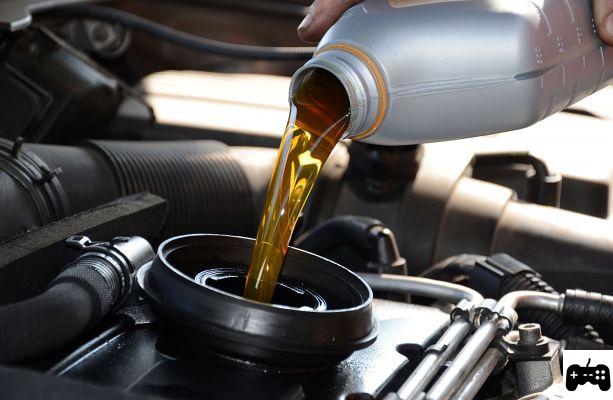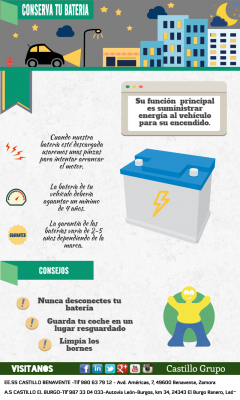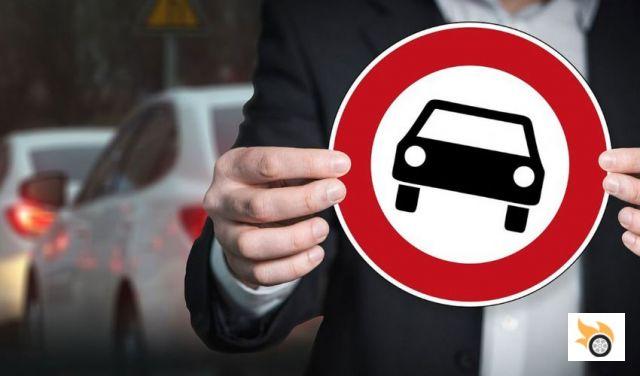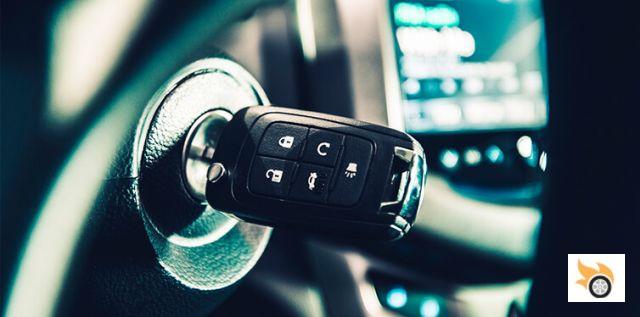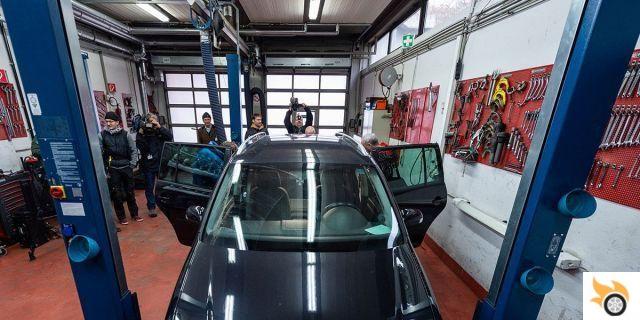Introduction
The timing belt is a fundamental piece in the operation of a car, since it is responsible for synchronizing the movement of the valves and engine pistons. However, should this belt break while driving, serious consequences can result. In this article, we will analyze the actions to take in the event of a timing belt break, as well as the importance of the timing chain and its frequency of change.
Consequences of timing belt breakage
A broken timing belt can have very negative consequences for the car engine. When breaking, the valves and pistons can collide with each other, which can cause irreparable damage to the engine. In addition, a broken timing belt can cause the car to stop immediately, which can be dangerous if you are driving at high speed or on a busy road.
Actions to take in the event of a broken timing belt
If the timing belt breaks while driving, it's important to stay calm and act quickly and safely. The actions to be taken are detailed below:
1. stop the car
First of all, it is essential to stop the car safely. If possible, try to take the car to a place away from the main road to avoid accidents. If this is not possible, turn on your hazard lights and signal your vehicle to alert other drivers.
2. Call a help desk
Once you have stopped the car, it is advisable to call a roadside assistance service. They will be able to tow your car to a specialized workshop where they can repair the timing belt and assess possible engine damage.
3. Avoid trying to repair the car yourself
It is important to note that trying to repair the car yourself can make the situation worse. Timing belt breakage is a complex problem that requires technical knowledge and specific tools. Letting qualified professionals handle the repair will ensure an optimal result and prevent further damage.
Importance of the distribution chain and its frequency of change
In addition to the timing belt, there is another component called the timing chain that performs the same function. The main difference between the two is that the timing chain is more durable and does not require periodic change like the belt. However, it is important to note that the timing chain can also suffer from wear and tear and will eventually need to be replaced.
Frequent questions
1. What is the useful life of a timing belt?
The useful life of a timing belt can vary depending on the model and make of the car, as well as the conditions of use. In general, it is recommended to change the timing belt every 80.000 to 120.000 miles or every 5 to 7 years, whichever comes first. However, it is important to check the car's owner's manual for specific manufacturer recommendations.
2. When should I change the timing chain?
Unlike the timing belt, the timing chain does not have a set change interval. However, it is advisable to inspect it regularly and replace it if wear or abnormal noise is detected. Also, if a repair is carried out on the engine that requires disassembling the timing chain, it is advisable to take the opportunity to change it and avoid future problems.
Conclusion
A broken timing belt in a car can have serious and costly consequences. Should this occur, it is essential to stop the car safely, call an assistance service and avoid attempting to repair the car yourself. In addition, it is important to take into account the importance of the distribution chain and its eventual need for change. Maintaining proper maintenance and following the manufacturer's recommendations will help prevent problems and ensure optimum engine performance.
We hope this article has been useful and has answered your questions about the consequences and actions to take in the event of a broken timing belt in a car. If you have any other questions or comments, do not hesitate to write to us. We will be happy to help you!
Until next time!
The Pistonudos.com team




